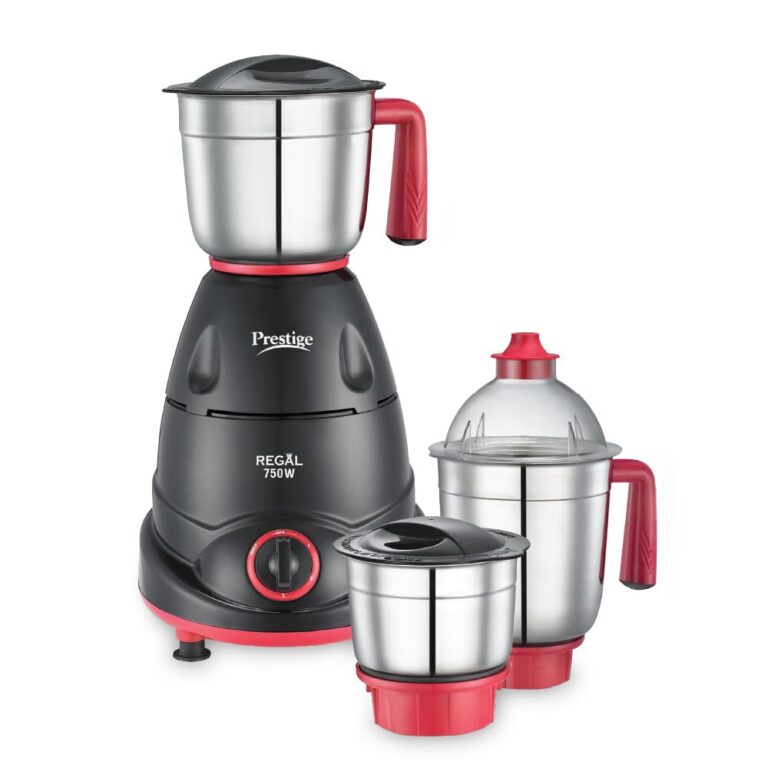Solar Water Heaters: A Smart Investment for Eco-Friendly Living
As concerns about climate change and rising energy costs continue to grow, more people are turning to renewable energy solutions. Among these innovations, solar water heaters have emerged as a practical, cost-effective way to meet daily hot water needs while reducing our reliance on fossil fuels. These systems harness the power of the sun to provide clean, reliable, and affordable hot water for homes, businesses, and industries alike. In this article, we’ll explore how solar water heaters work, their advantages, pricing, popular brands, and everything else you need to know before making the switch.

How Solar Water Heaters Work
At its core, a solar water heater is designed to capture sunlight and convert it into heat energy, which is then used to warm water. The process involves three main components: the collector, the storage tank, and the circulation system.
The collector, often mounted on rooftops, absorbs sunlight through specially coated panels or tubes. This absorbed energy heats up a fluid inside the collector—either water directly or a heat-transfer liquid like antifreeze. The heated fluid is then circulated through pipes to a storage tank, where it transfers its warmth to the water stored inside. Finally, the now-cooled fluid returns to the collector to repeat the cycle.
There are two primary types of solar water heaters: active and passive systems. Active systems use pumps to circulate the fluid between the collector and the storage tank, offering greater flexibility in placement but requiring electricity to operate. Passive systems rely on natural convection currents to move the fluid, making them simpler and more energy-efficient but less versatile in terms of installation options.
Advantages of Solar Water Heaters
Switching to a solar water heater comes with numerous benefits that make it a worthwhile investment. First and foremost, these systems significantly reduce greenhouse gas emissions by eliminating the need for electricity or gas-powered water heaters. For households looking to shrink their carbon footprint, solar water heaters are an excellent step toward sustainability.
Another major advantage is cost savings. While the initial investment may seem high, solar water heaters can cut monthly utility bills by up to 70%, depending on usage patterns and local energy prices. Over time, these savings add up, often paying off the upfront cost within a few years. Additionally, many governments offer incentives such as tax credits or rebates to encourage the adoption of renewable energy technologies, further offsetting the expense.
Durability is another key selling point. Most solar water heaters are built to last 15–20 years with minimal maintenance. Unlike traditional water heaters, which can break down due to corrosion or mechanical failure, solar systems have fewer moving parts and require little upkeep beyond occasional cleaning and inspections.
Price and Brand Options
When considering a solar water heater, one of the first questions that comes to mind is: “How much does it cost?” The price varies widely based on several factors, including the size of the system, the type of technology used, and whether professional installation is required. On average, a basic residential solar water heater can cost anywhere from $2,000 to $5,000. Larger systems or those equipped with advanced features like freeze protection or digital controls may exceed $7,000.
Several reputable brands dominate the solar water heater market, each offering unique features tailored to specific needs. Some of the most well-known names include:
- SunEarth : Known for durable flat-plate collectors, SunEarth offers reliable systems suitable for both residential and commercial applications.
- Viessmann : A German brand renowned for its innovative designs, Viessmann provides highly efficient vacuum tube collectors ideal for colder climates.
- Rheem : With a focus on affordability and ease of installation, Rheem’s solar water heaters cater to budget-conscious homeowners.
- Heliodyne : Specializing in premium-grade products, Heliodyne delivers top-tier performance and longevity, albeit at a higher price point.
While choosing a brand, it’s essential to consider not only the upfront cost but also the warranty, customer support, and availability of replacement parts. Investing in a trusted manufacturer ensures peace of mind and long-term satisfaction.
Installation and Maintenance
Proper installation plays a critical role in maximizing the efficiency of your solar water heater. Before purchasing a system, assess your property’s suitability. Ideally, the location should receive ample sunlight throughout the day, free from shading caused by trees or nearby buildings. Roof orientation and angle also matter; south-facing roofs in the Northern Hemisphere tend to yield the best results.
Once installed, maintaining your solar water heater is relatively straightforward. Regularly inspect the collectors for debris or dirt buildup, as this can hinder performance. Flush the system periodically to prevent mineral deposits from accumulating in the pipes. If your system uses a heat-transfer fluid, check its levels annually and replace it if necessary. By following these simple steps, you can ensure your solar water heater operates at peak efficiency for many years.
Conclusion
In conclusion, solar water heaters represent a forward-thinking approach to meeting our hot water needs sustainably. Not only do they help combat climate change by reducing reliance on non-renewable energy sources, but they also deliver substantial financial savings over time. With a wide range of brands and price points available, there’s never been a better time to invest in this green technology.
Whether you’re motivated by environmental concerns, economic considerations, or simply a desire to embrace modern innovation, solar water heaters offer something for everyone. So take the plunge today and join the movement toward a cleaner, brighter future—one drop of hot water at a time!




